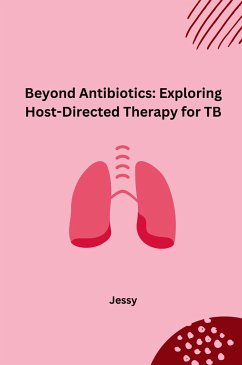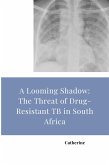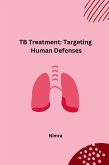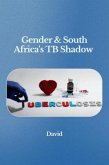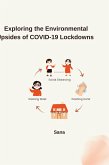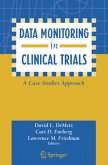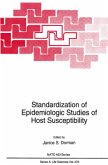Tuberculosis (TB) remains a global health crisis, with drug-resistant strains posing a growing threat. Traditional antibiotics face limitations in treatment length and resistance development. A revolutionary approach called Host-Directed Therapy (HDT) is emerging.HDT doesn't target the bacteria directly, but instead strengthens the body's own defenses against TB. Imagine boosting the immune system's ability to fight the infection and prevent its persistence. This not only tackles existing TB strains but also holds promise for reducing the risk of relapse and the formation of drug-resistant bacteria.Early research on HDT is encouraging. By unlocking the body's natural TB-fighting potential, this approach could revolutionize TB treatment, offering a much-needed weapon in the fight against this devastating disease.
Bitte wählen Sie Ihr Anliegen aus.
Rechnungen
Retourenschein anfordern
Bestellstatus
Storno

